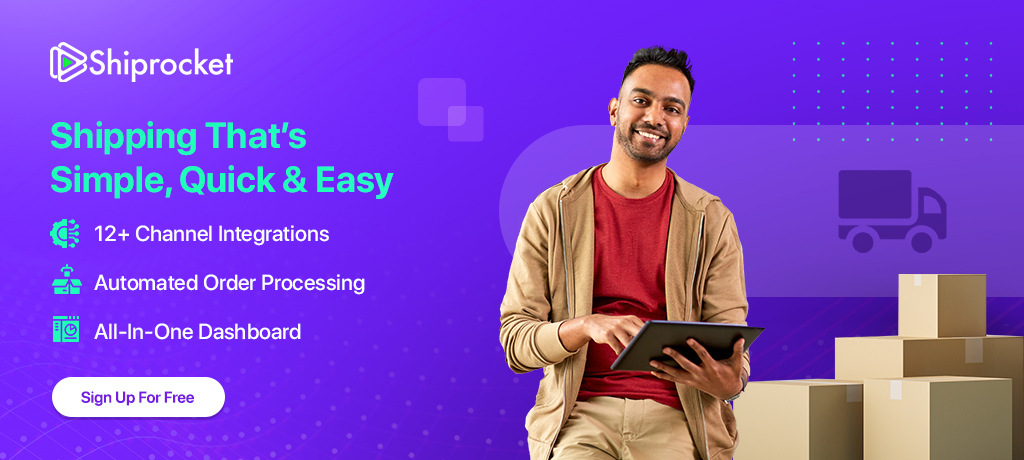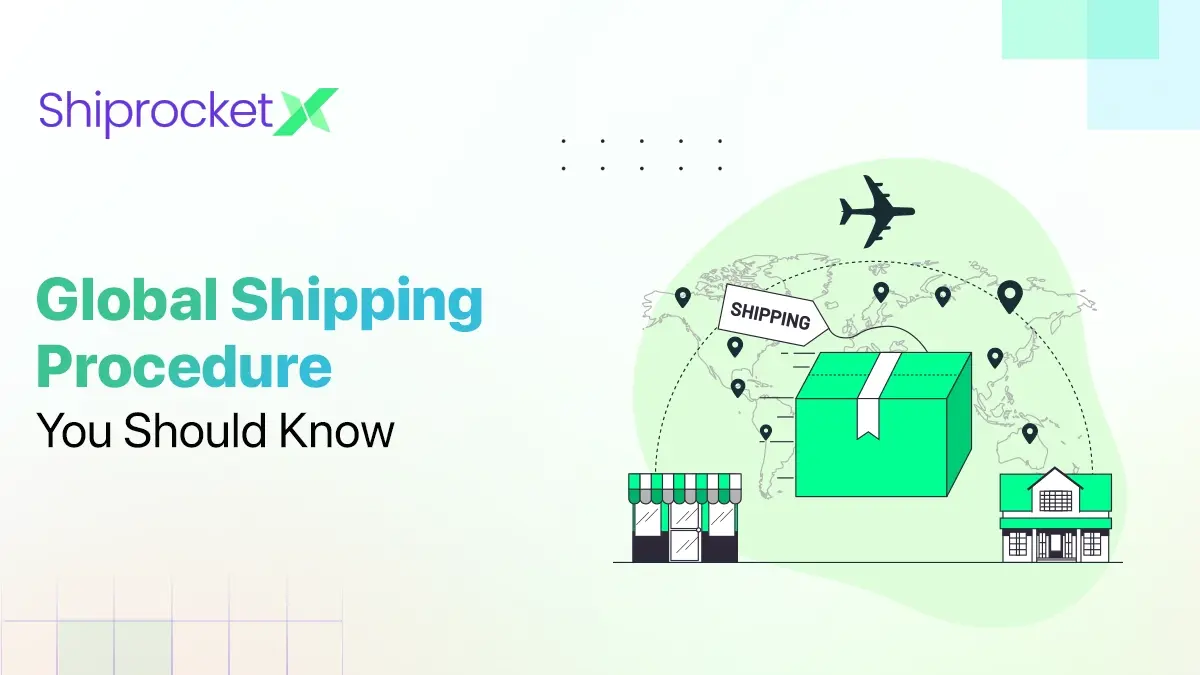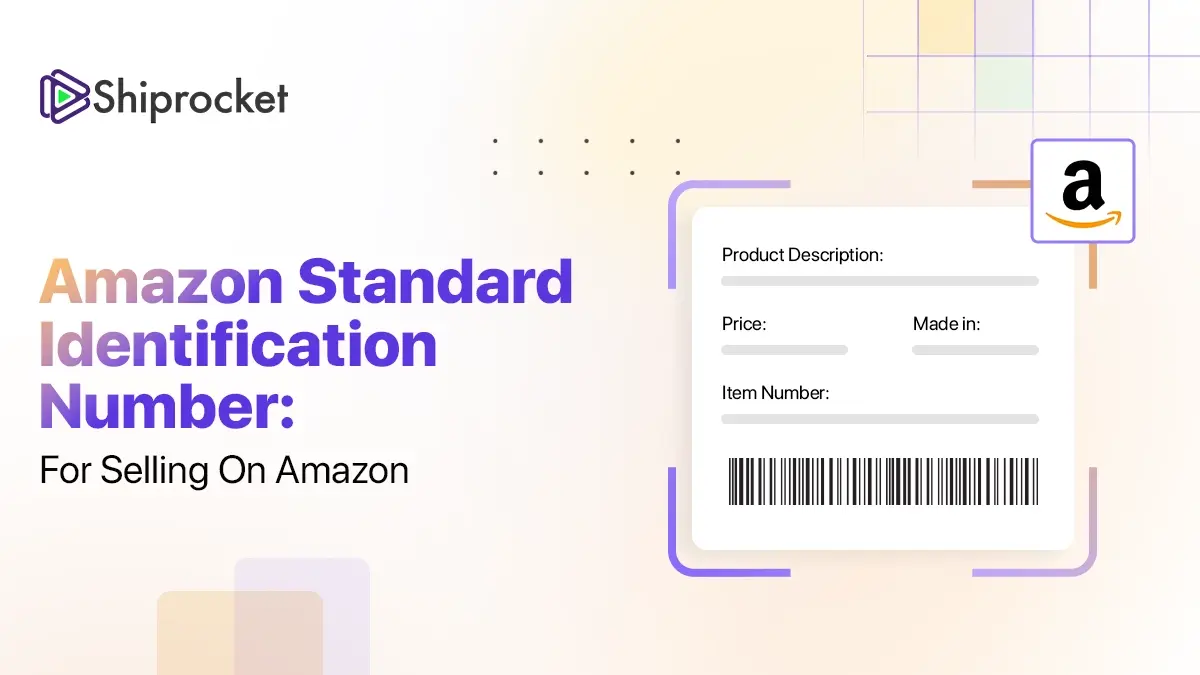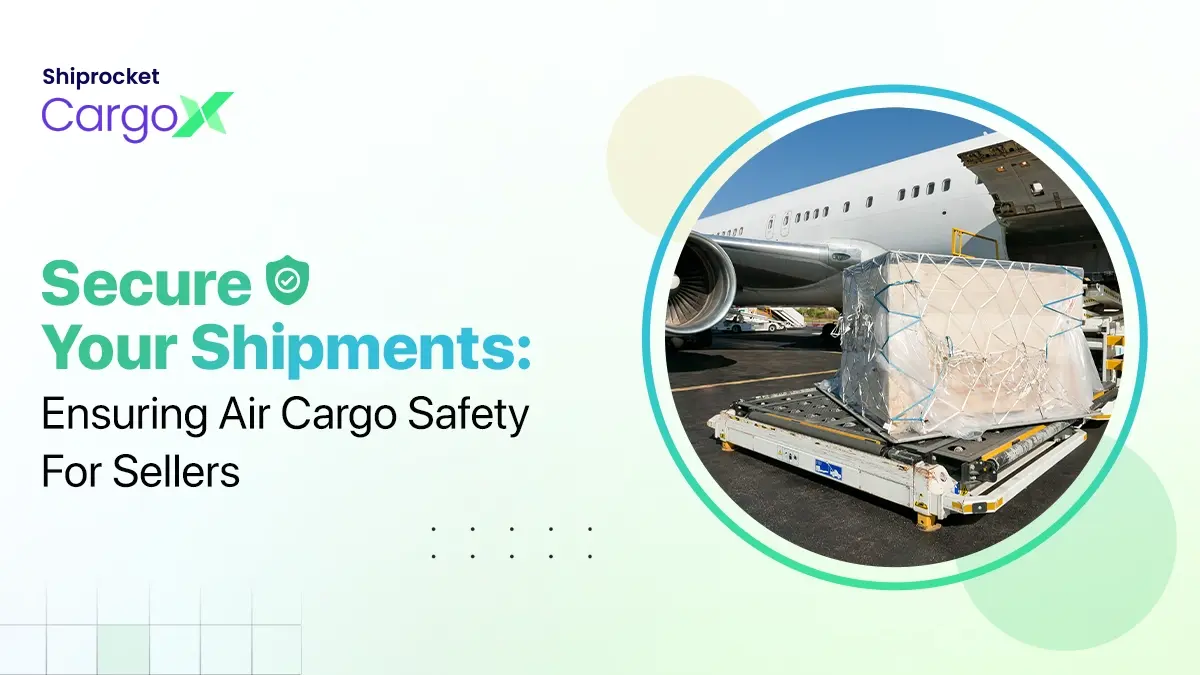How Does Online Payment Process Work in eCommerce
Once you set up your new online store in place, the very next step for you is to think about how to receive the payments from your customers online. Having a seamless and easy to process payment method helps you improve your conversion ratio.
To understand how this process of online payment works in eCommerce, let’s take a look at the different components that make this online transaction of money possible.
There are two things that you need to complete an online payment process successfully:
- Merchant Account
- Payment Gateway
What Is A Merchant Account
A merchant account is a type of bank account which can accept payments via credit cards, debit cards, net banking, third-party payment applications, etc. You or your company sign a contract with a bank to open a merchant account for your online business so that all payments derived from online sales are directly transferred to your business bank account.
For this purpose, the bank asks you to fill out an application with all the details regarding your business which includes what products/services you sell online, to whom do you sell, different currencies in which you accept payments, estimated sales you would be making in a time period, etc.
Once the application gets approved by the bank, your business would be assigned a unique ID (merchant ID) along with your business bank account.
You also need to understand that there are different types of charges that are imposed by these banks, such as monthly charges, transaction fee, etc, on such merchant accounts. Having an understanding of these banking charges will help you to make sure you don’t make losses at the end of an online sale.
What Is A Payment Gateway
A payment gateway is a software that is required to connect your merchant account to your online store. It’s responsible for taking details from the online buyers regarding their payment mode, like credit/debit card details, net banking details etc, It is also responsible to process that payment so that it reaches to your bank account safely and securely.
A payment gateway is of two types – direct and redirected. In a direct way, the buyer/customer doesn’t leave the eCommerce website to make the payment. In a redirected way, the buyer/customer is redirected to the payment gateway to make the payment and is redirected back to the eCommerce store once the payment is done.
Here are the steps involved in the process of making online payments successfully:
- The customer/online buyer shares their card details with the payment gateway.
- Payment gateway then verifies the details with the associated bank and then encrypts the details.
- After the verification, the payment gateway processes the payment which is transferred to the merchant’s bank account with the help of unique merchant ID.
- As a result, the payment reaches to the online seller/merchant.






